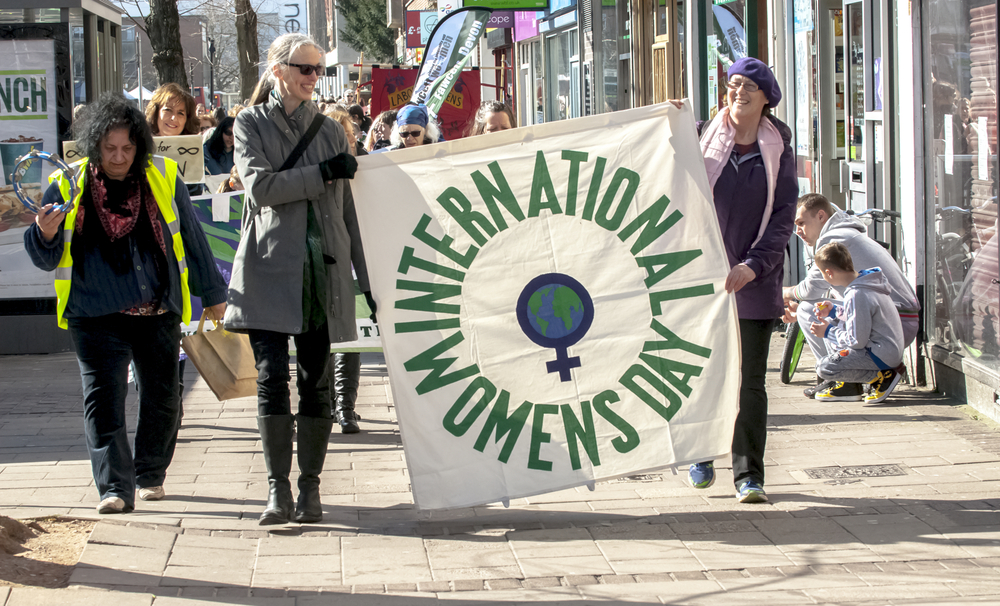A few weeks ago, in my 500-person sociology class, students got into a heated discussion over how to define feminism and be inclusive in the movement. One male stated that he agreed with the tenet that men and women should be equals, but he did not identify as a feminist. The movement was too exclusive, in his eyes, and did not accurately cover a lot of other important things in gender equality, such as misandry (hating men) or issues of masculinity. Some women in the class criticized him for believing that the term “feminist” was exclusive to men, while sharing their opinions on what feminism was and how it applies to males.
This raised a big question for me: what is feminism? I know that I identify as a feminist. I’m a strong advocate for gender equality, rather than the establishment of one gender being more powerful or dominant than another. I have roots in more radical knowledge, some would say, of gender theory because of my education, and I’ve been exposed to many other different but I’ve always found it a little difficult to define what feminism is, at least to me. As a result, I’m never sure where I stand.
I’ve always felt guilt as a feminist, person of color, and a member of so many other identities. I’m not the one out there organizing, flyering, or teaching. I write quite a lot advocating for a better and more accepting culture of women, students, and the LGBTQ community, but I hardly am the one getting featured in stories: I’m the one writing them.
When interviewing someone for a piece that I wrote on my campus’s #MillionStudentMarch in November, I shared with him how I wanted so badly to be there with those rallying in support of tuition-free public colleges and a $15 minimum wage. As someone who stands for those ideals, I wanted to be there holding up signs, marching with the nearly 1,500 students also out there, but I was a member of the media who would be interviewing, recording, and photographing the protest. “Well, journalism is your form of activism, is it not?” he asked.
That brings me back to something an old journalism instructor of mine said about the work that we do: it’s giving a voice to the voiceless. While feminists are hardly voiceless (I’d venture to say that they’re fighting to be vocal in a place where they are not always welcome to be), it goes to say that many with the privilege to speak out in a space where they can be heard are speaking for the millions of women who do not enjoy the rights that we have, despite how limited they could be.
As for the guy who spoke out in my sociology class? I wish people had taken the chance to speak with honesty and the understanding that everyone is coming from a different place. Some people have the privilege of receiving an education on the issues – not just the overt ones that women internationally face – but also on those that are perhaps not as prominent in day to day life. It is our job, as activists for a more just world, to educate those who have not had the same privileges.
People come from different places, be it historically discriminatory towards certain groups of people, or with the support of a family more progressive than their times, and it is our job to ingrain in others why we believe the things we do without alienating them. I certainly did not agree with him – yes, parts of the movement are extreme (misandry), but the point of the movement is to create inclusion where there is none.
Feminism, to me, is an ever-changing movement towards a more just world for men, women, and other genders. It includes the issues that women face that intersect with their other identities, be it race, religion, or age (and there are many more out there). It aims to create social change by educating people on why things like the gender pay gap, sexual assault, political representation, and so much more are important to creating a better society in the long term. It’s constantly changing, as am I, and that is what makes it so applicable to everyone – regardless of their gender. To erase “fem” from feminism denounces why this movement was created in the first place, and it ignores that this was created to support the oppressed: women.
Cover image courtesy of Shutterstock.




comments